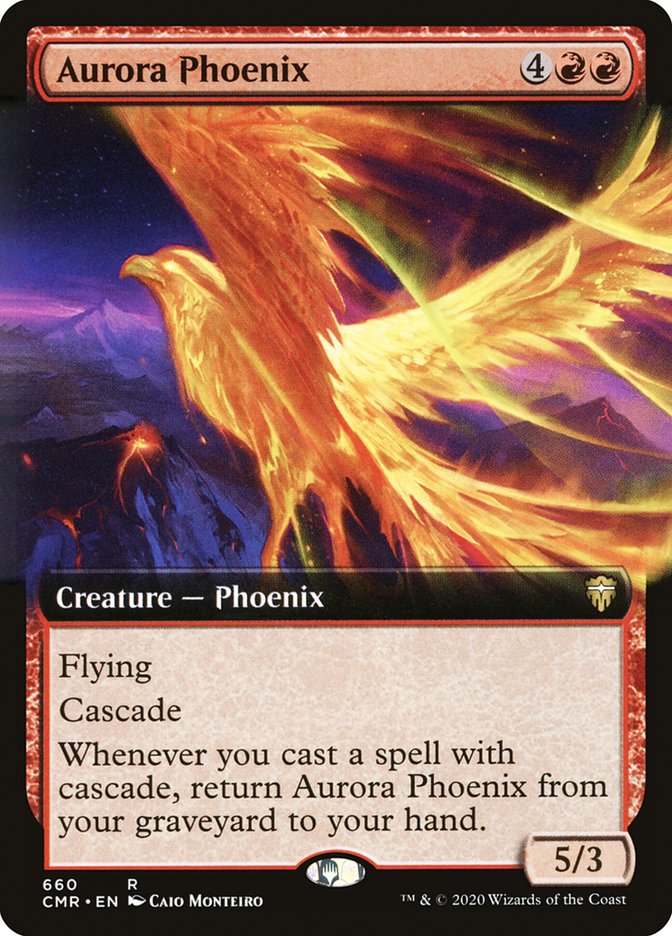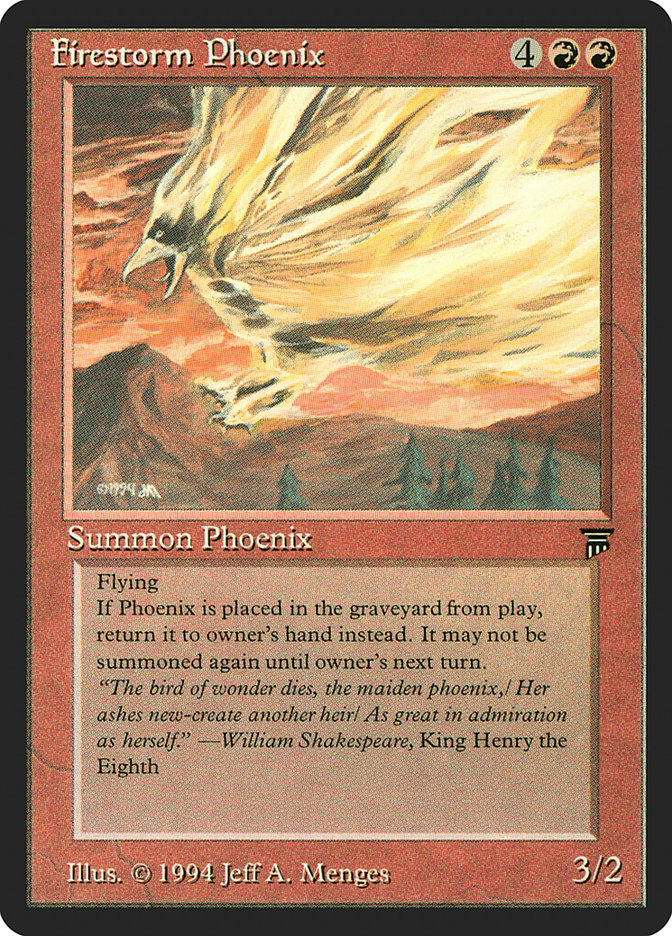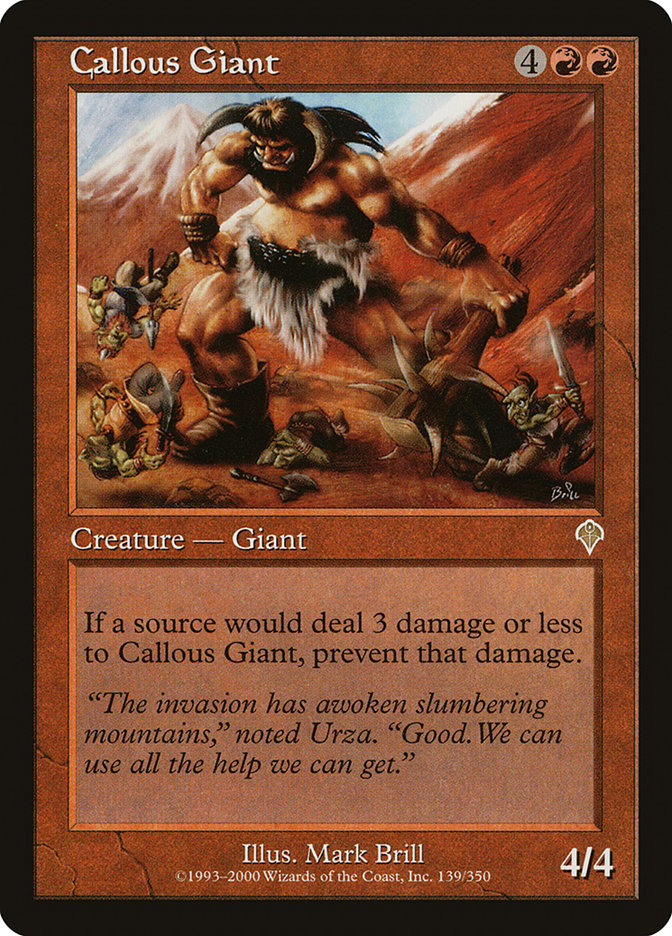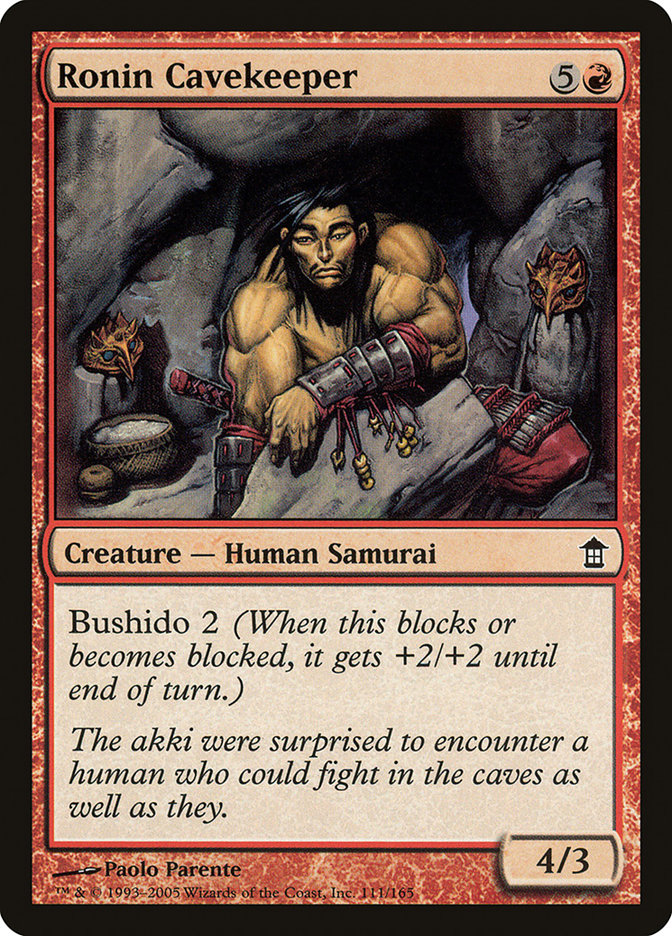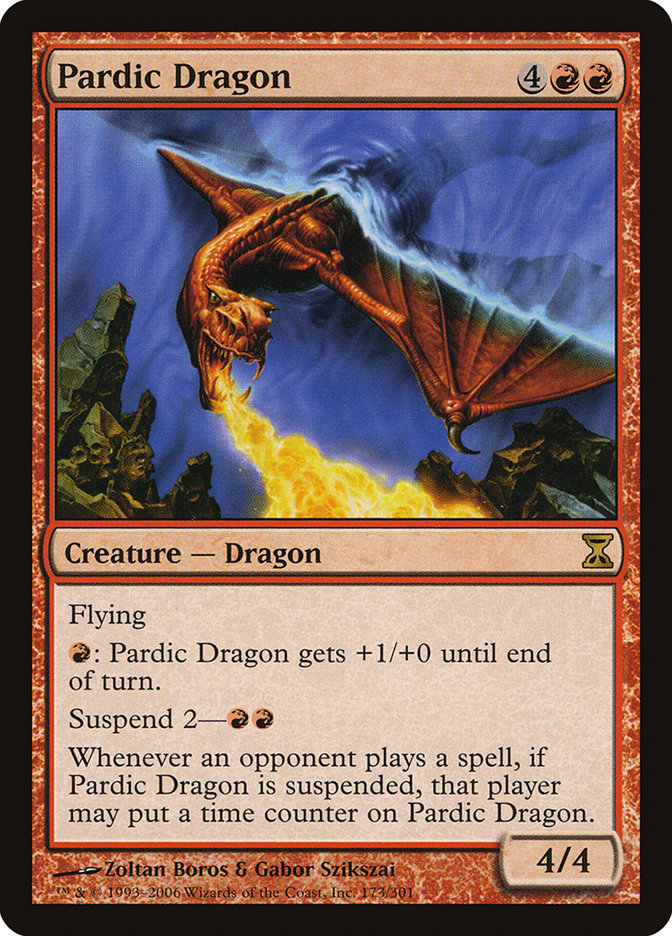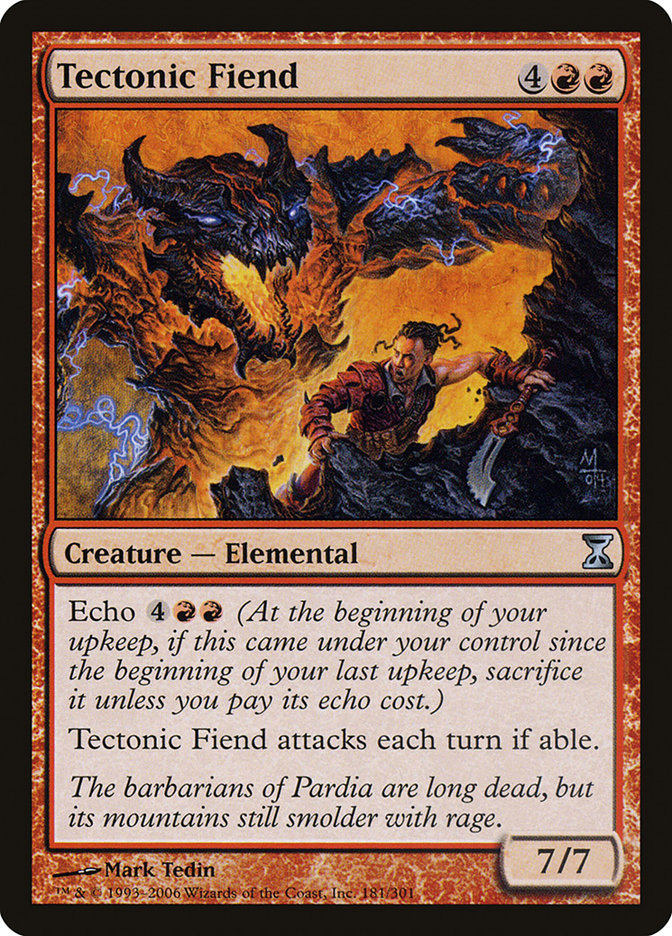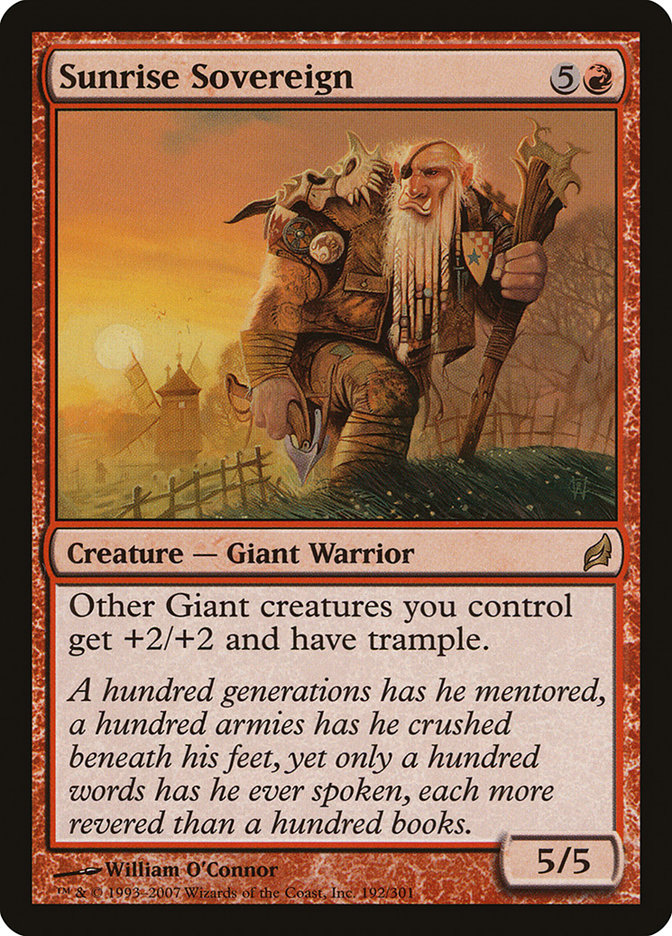Aurora Phoenix MTG Card
| Card sets | Released in 4 setsSee all |
| Mana cost | |
| Converted mana cost | 6 |
| Rarity | Rare |
| Type | Creature — Phoenix |
| Abilities | Cascade,Flying |
| Power | 5 |
| Toughness | 3 |
Text of card
Flying Cascade Whenever you cast a spell with cascade, return Aurora Phoenix from your graveyard to your hand.
Cards like Aurora Phoenix
Aurora Phoenix is a unique card in the realm of MTG, most closely related to a family of creatures that can repeatedly return from the graveyard to the battlefield. A close relative in function would be Arclight Phoenix. Both birds can return to the field under specific conditions, with Arclight Phoenix requiring a sequence of instant or sorcery spells, while Aurora Phoenix relies upon the Cascade mechanic for its resurrection.
In contrast, Eternal Scourge presents another take on recurring creatures. While this eldritch horror can be cast from exile whenever it becomes the target of a spell or ability, it doesn’t have the built-in recurrence engine like Aurora Phoenix. Rekindling Phoenix presents itself as another analogous comparison, boasting a rebirth mechanism tied to a token created upon its death. Even though it doesn’t interact with other spells or abilities directly like Aurora Phoenix, it is a resilient creature in the face of removal.
Evaluating these cards within the broader context of MTG gameplay showcases Aurora Phoenix as a standout card for decks harnessing the Cascade mechanic. Its capability to emerge from the graveyard upon triggering Cascade makes it a recurring threat that demands an answer, ensuring it a significant role within its niche.
Cards similar to Aurora Phoenix by color, type and mana cost
Decks using this card
MTG decks using Aurora Phoenix. Dig deeper into the strategy of decks, sideboard cards, list ideas and export to play in ARENA or MOL.
| # | Name | Format | Archetype | Event |
|---|---|---|---|---|
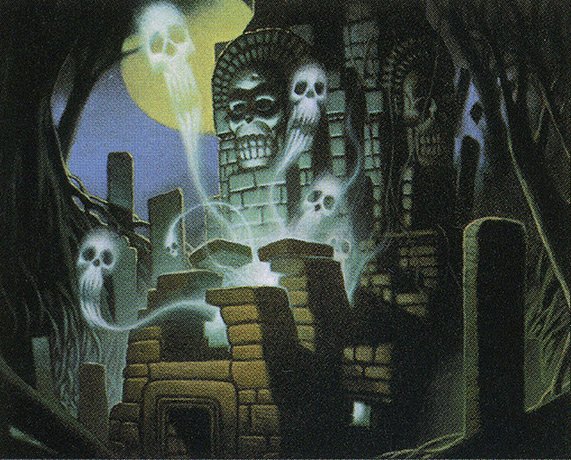 | Creative Technique | Legacy | Creative Technique | Legacy League 2023-12-02 |
 | Mississippi River | Legacy | Eternal Weekend Europe 2023 Legacy Mainevent | |
 | Temur Cascade | Legacy | Creative Technique | 2023 Asia Legacy Championship |
 | Colorless Belcher | Legacy | Eternal Weekend Europe 2023 Legacy Mainevent | |
 | URG | Legacy | Legacy League 2023-11-18 |
Card Pros
Card Advantage: The rebirth ability of Aurora Phoenix, triggered by cascading, grants you a chance to replay this powerful creature from the graveyard. This translates to an advantage as it offers you additional opportunities to utilize the phoenix for board presence without expending an extra card from your hand.
Resource Acceleration: Integrating seamlessly with decks that focus on cascading, Aurora Phoenix can potentially reduce the cost of subsequent spells. Each cascade event can usher in an accelerated play of additional spells from your deck, helping you to outpace your opposition with a flurry of spells.
Instant Speed: While this phoenix itself isn’t an instant, its synergy with cascade spells which can be cast at instant speed makes it a formidable threat at any time. This attribute allows you to adapt swiftly during the game, making your plays harder to predict and disrupting your opponent’s strategy.
Card Cons
Discard Requirement: Aurora Phoenix calls for a specific action to fully utilize its ability — cascading after you discard it. This can be a tricky condition as it forces you to relinquish another card in your hand, potentially leaving you in a precarious spot if you’re already struggling with card advantage.
Specific Mana Cost: The mana cost for Aurora Phoenix is quite dedicated, requiring four red symbols. Players need to heavily invest in red mana sources, which may not be feasible or desirable in multicolored decks that tend to balance their mana base across different colors.
Comparatively High Mana Cost: With its mana value sitting at six, including quadruple red, this phoenix comes at a steep price. For such an investment, you might opt for a card with an immediate impact on the game rather than waiting to fulfill the conditional requirement of discarding it to harness its potential.
Reasons to Include in Your Collection
Versatility: Aurora Phoenix can adapt to various deck themes, particularly in strategies that focus on casting spells from the graveyard. Its cascade ability affords multiple opportunities to harness value from your deck without spending extra mana.
Combo Potential: This fiery bird shines in decks that capitalize on casting from exile. It pairs seamlessly with mechanics like flashback or escape, allowing you to cast the same spell multiple times and returning Aurora Phoenix to your hand for recurring threats.
Meta-Relevance: In a meta that favors longer games and graveyard interaction, Aurora Phoenix holds its ground. Its ability to return to your hand from the graveyard ensures lasting presence against removal-heavy decks, making it a resilient inclusion against various control strategies.
How to beat
Aurora Phoenix presents a cyclic challenge for Magic: The Gathering players with its cascade-triggered reanimation. Generally found in decks that favor casting spells from exile, this fiery bird can recur, which means repeatedly handling it is crucial. Initially, the best strategy is to avoid sending it to the graveyard—exile effects are your ally here. Cards like Path to Exile or Leyline of the Void ensure Aurora Phoenix doesn’t return to plague your battlefield.
Another tactic is to limit your opponent’s ability to play nonland cards from exile, which disrupts the cascade mechanism, making it harder to recur the Phoenix. Effects that constrain your opponent’s casting options like Drannith Magistrate serve this purpose. Moreover, direct player interaction to dismantle their game plan, such as Thoughtseize or Inquisition of Kozilek, will help counteract the recurrence conditions for the Aurora Phoenix before they even materialize.
Consistent pressure on the opponent’s resources, like their mana base, can also effectively dampen the cascade synergy, throttling the pace at which the Phoenix can become a threat. Cards creating persistent board control help mitigate cascading events, and thus the Phoenix’s impact over the course of the game.
BurnMana Recommendations
If you’ve been considering Aurora Phoenix for its unique rebirth ability, our assessment should reinforce its potential value in your MTG lineup. Harnessing the power of cascading spells, this phoenix offers both resilience and recurring pressure on your adversaries. As we’ve outlined, its presence in your arsenal can tip the scales of battle in your favor by providing you with a relentless creature that can return time and again. Embrace the strategic advantage Aurora Phoenix brings, and let it rekindle the flames of victory in your battles. Curious about weaving this card into your deck? Connect with us for deeper insights and strategies to ensure your place amongst the echelons of MTG tacticians.
Where to buy
If you're looking to purchase Aurora Phoenix MTG card by a specific set like Magic Online Promos and Commander Legends, there are several reliable options to consider. One of the primary sources is your local game store, where you can often find booster packs, individual cards, and preconstructed decks from current and some past sets. They often offer the added benefit of a community where you can trade with other players.
For a broader inventory, particularly of older sets, online marketplaces like TCGPlayer, Card Kingdom and Card Market offer extensive selections and allow you to search for cards from specific sets. Larger e-commerce platforms like eBay and Amazon also have listings from various sellers, which can be a good place to look for sealed product and rare finds.
Additionally, Magic’s official site often has a store locator and retailer lists for finding Wizards of the Coast licensed products. Remember to check for authenticity and the condition of the cards when purchasing, especially from individual sellers on larger marketplaces.
Below is a list of some store websites where you can buy the Aurora Phoenix and other MTG cards:
 BUY NOW
BUY NOW BurnMana is an official partner of TCGPlayer
- eBay
- Card Kingdom
- Card Market
- Star City Games
- CoolStuffInc
- MTG Mint Card
- Hareruya
- Troll and Toad
- ABU Games
- Card Hoarder Magic Online
- MTGO Traders Magic Online
See MTG Products
Printings
The Aurora Phoenix Magic the Gathering card was released in 3 different sets between 2020-11-20 and 2022-06-10. Illustrated by Caio Monteiro.
| # | Released | Name | Code | Symbol | Number | Frame | Layout | Border | Artist |
|---|---|---|---|---|---|---|---|---|---|
| 1 | Magic Online Promos | PRM | 86026 | 2015 | Normal | Black | Caio Monteiro | ||
| 2 | 2020-11-20 | Commander Legends | CMR | 660 | 2015 | Normal | Black | Caio Monteiro | |
| 3 | 2020-11-20 | Commander Legends | CMR | 161 | 2015 | Normal | Black | Caio Monteiro | |
| 4 | 2022-06-10 | Commander Legends: Battle for Baldur's Gate | CLB | 778 | 2015 | Normal | Black | Caio Monteiro |
Legalities
Magic the Gathering formats where Aurora Phoenix has restrictions
| Format | Legality |
|---|---|
| Commander | Legal |
| Legacy | Legal |
| Oathbreaker | Legal |
| Vintage | Legal |
| Duel | Legal |
Rules and information
The reference guide for Magic: The Gathering Aurora Phoenix card rulings provides official rulings, any errata issued, as well as a record of all the functional modifications that have occurred.
| Date | Text |
|---|---|
| 2020-11-10 | An ability that triggers when a player casts a spell resolves before the spell that caused it to trigger. It resolves even if that spell is countered. |
| 2020-11-10 | Aurora Phoenix's last ability triggers only if it's in your graveyard immediately after you finish casting the spell with cascade. |
| 2020-11-10 | The cascade ability of the spell you cast and Aurora Phoenix's return ability can be put on the stack in either order. If you return Aurora Phoenix to your hand first, you do so before exiling any cards for the cascade ability. If the cascade ability resolves first, the spell you cast because of that cascade ability will resolve before you return Aurora Phoenix to your hand. Either way, this all happens before the original spell with cascade resolves. |
| 2021-06-18 | A spell's mana value is determined only by its mana cost. Ignore any alternative costs, additional costs, cost increases, or cost reductions. |
| 2021-06-18 | Cascade triggers when you cast the spell, meaning that it resolves before that spell. If you end up casting the exiled card, it will go on the stack above the spell with cascade. |
| 2021-06-18 | Due to a 2021 rules change to cascade, not only do you stop exiling cards if you exile a nonland card with lesser mana value than the spell with cascade, but the resulting spell you cast must also have lesser mana value. Previously, in cases where a card's mana value differed from the resulting spell, such as with some modal double-faced cards or cards with an Adventure, you could cast a spell with a higher mana value than the exiled card. |
| 2021-06-18 | If a spell with cascade is countered, the cascade ability will still resolve normally. |
| 2021-06-18 | If the card has in its mana cost, you must choose 0 as the value of X when casting it without paying its mana cost. |
| 2021-06-18 | If you cast a card "without paying its mana cost," you can't choose to cast it for any alternative costs. You can, however, pay additional costs. If the card has any mandatory additional costs, you must pay those to cast the card. |
| 2021-06-18 | The mana value of a split card is determined by the combined mana cost of its two halves. If cascade allows you to cast a split card, you may cast either half but not both halves. |
| 2021-06-18 | When the cascade ability resolves, you must exile cards. The only optional part of the ability is whether or not you cast the last card exiled. |
| 2021-06-18 | You exile the cards face up. All players will be able to see them. |
